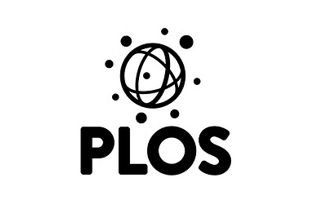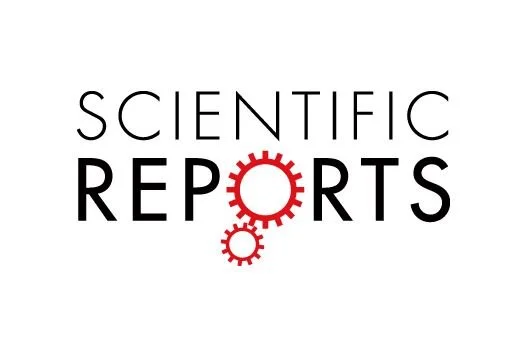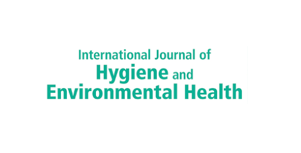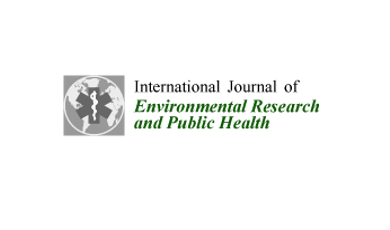We developed and internally validated scales to measure economic and social resilience to environmental disturbances that quantify resilience as a latent construct and are grounded in resilience theory. These scales are suitable for application in urban informal settlements in Indonesia and Fiji. We recommend their use, with re-validation as needed, in the monitoring and evaluation of resilience-building interventions and policies targeting urban households in low-income settings.
Systems thinking for hygiene in settings with high risk of infectious disease transmission
We applied a systems thinking approach to for effective and sustained hygienic systems and discussed strategies that could move us beyond behavior-specific approaches and a behavior change approaches focused predominantly on end-users. This focus beyond individual end-user behaviors will require removing silos across sectors and ministries, the generation of relevant evidence for policymakers and the localization of guidance.
TIDieR-WASH: A Guideline for Reporting Implementation of Water, Sanitation, and Hygiene Interventions
Incomplete reporting of WASH interventions is a critical challenge to learning in the sector. This lack of transparent reporting limits our ability to understand what works, how and where. To address this challenge, a multidisciplinary team of researchers and implementers developed a reporting standard that can be used to insure clear communication of implementation activities for both research and practice: TiDIER WASH. This is derived from the broader movement for transparent implementation reporting with TiDIER.
The state of reporting context and implementation in peer-reviewed evaluations of water, sanitation, and hygiene interventions
Associations between drinking water source, household water and food insecurity, and mental well-being of low-income pregnant women
Enteric viral pathogens and child growth among under-five children
We find clear indications that enteric viral pathogens are associated with growth shortfalls, specifically among asymptomatic children. These findings highlight the need for preventive strategies targeting children with enteric viral pathogens, which could address the consequences of growth faltering.
Assessing safety and efficacy of a novel glucose-free amino acid oral rehydration solution for watery diarrhea management in children
Protozoan parasitic infection and their association with growth parameters in under five children
Burden of disease attributable to unsafe drinking water, sanitation, and hygiene in domestic settings: a global analysis for selected adverse health outcomes
Effectiveness of handwashing with soap for preventing acute respiratory infections in low-income and middle-income countries: a systematic review and meta-analysis
Determinants of food preparation and hygiene practices among caregivers of children under two in Western Kenya: a formative research study
Effectiveness of WASH interventions on risk of diarrhoeal disease in children in low-income and middle-income settings: a systematic review and meta-analysis
Microbial reductions and physical characterization of chitosan flocs when using chitosan acetate as a cloth filter aid in water treatment
The goal of this study was to quantify Escherichia coli KO11 bacteria, MS2 male-specific (F+) coliphage viruses, and turbidity reductions in seeded natural test water of defined quality when subjected to chitosan coagulation pre-treatment under different coagulation-flocculation stirring conditions, followed by sedimentation and cloth filtration.
The Lancet Commission on water, sanitation and hygiene, and health
Successes, challenges, and support for men versus women implementers in water, sanitation, and hygiene programs: A qualitative study in rural Nepal
The Applications of Implementation Science in Water, Sanitation, and Hygiene (WASH) Research and Practice
Household water insecurity will complicate the ongoing COVID-19 response: Evidence from 29 sites in 23 low- and middle-income countries
Estimating the Cumulative Incidence of SARS-CoV-2 Infection and the Infection Fatality Ratio in Light of Waning Antibodies
Global Access to Handwashing: Implications for COVID-19 Control in Low-Income Countries
The Sustainability and scalability of private sector sanitation delivery in urban informal settlement schools
As part of the SWASH+ project, this paper takes a mixed-methods approach to assess sanitation delivery in schools in Kenya over 3–4 years and investigated prevailing drivers and barriers that may influence the scalability of private sector sanitation delivery.















